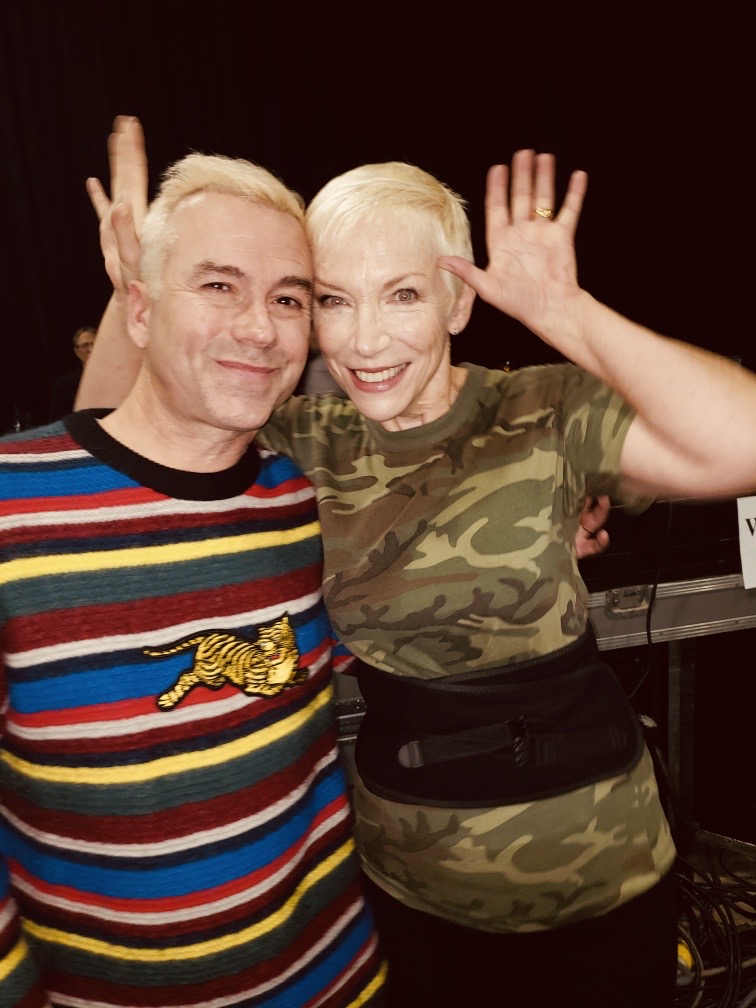The opportunity that you’re imagining has parameters that all fit your life at the right time, in the right place, for the exact right amount.
You expect it to be obvious; a no-brainer that allows you to keep being the same person tomorrow as you are today: a house in the right neighborhood that’s the right size, a job like the one we have now but with a bigger paycheck and a better boss, a business idea that’s so unique and so compelling, it’s a guaranteed success.
So when we look for opportunity we have this tunnel vision, and rather than recognizing that we are limiting our field of vision to a perfect situation (one that is unlikely to ever come along), we think there just aren’t any opportunities.
But the problem isn’t lack of opportunity, the problem is that the opportunities available to you don’t look exactly like what you expect.
The house is a little small or stretches our finances, that job means relocating and a long distance relationship, that business idea means just being the most customer-centric veterinarian.
That’s why it’s hard to buy low and sell high. That’s why it’s hard to time the housing market. That’s why your career change is stalled. Because in order to do those things, you have to do something that is different from your expectations.
Seeing opportunity requires us to be flexible, to pay attention to adjacent disciplines, to talk to someone different, to behave in new ways, to be a little uncomfortable, to shine the light of our unique perspective in different directions. If we can do that, we open our aperture and can see that opportunities are everywhere.
The best part is that my opportunity isn’t yours. You’re different than me. We know different people. We see different things and we are moving through life in different stages. We have different experiences seen through different lenses and are comfortable with different degrees of risk.
When we look for an opportunity to help, to build, or to grow, we use all of these differences to be able to identify an opportunity and understand what it means for us.
So when an opportunity presents itself, know that it won’t be exactly what you’re looking for at exactly the right time. But pay attention to the ones you notice, they might be trying to tell you something.
